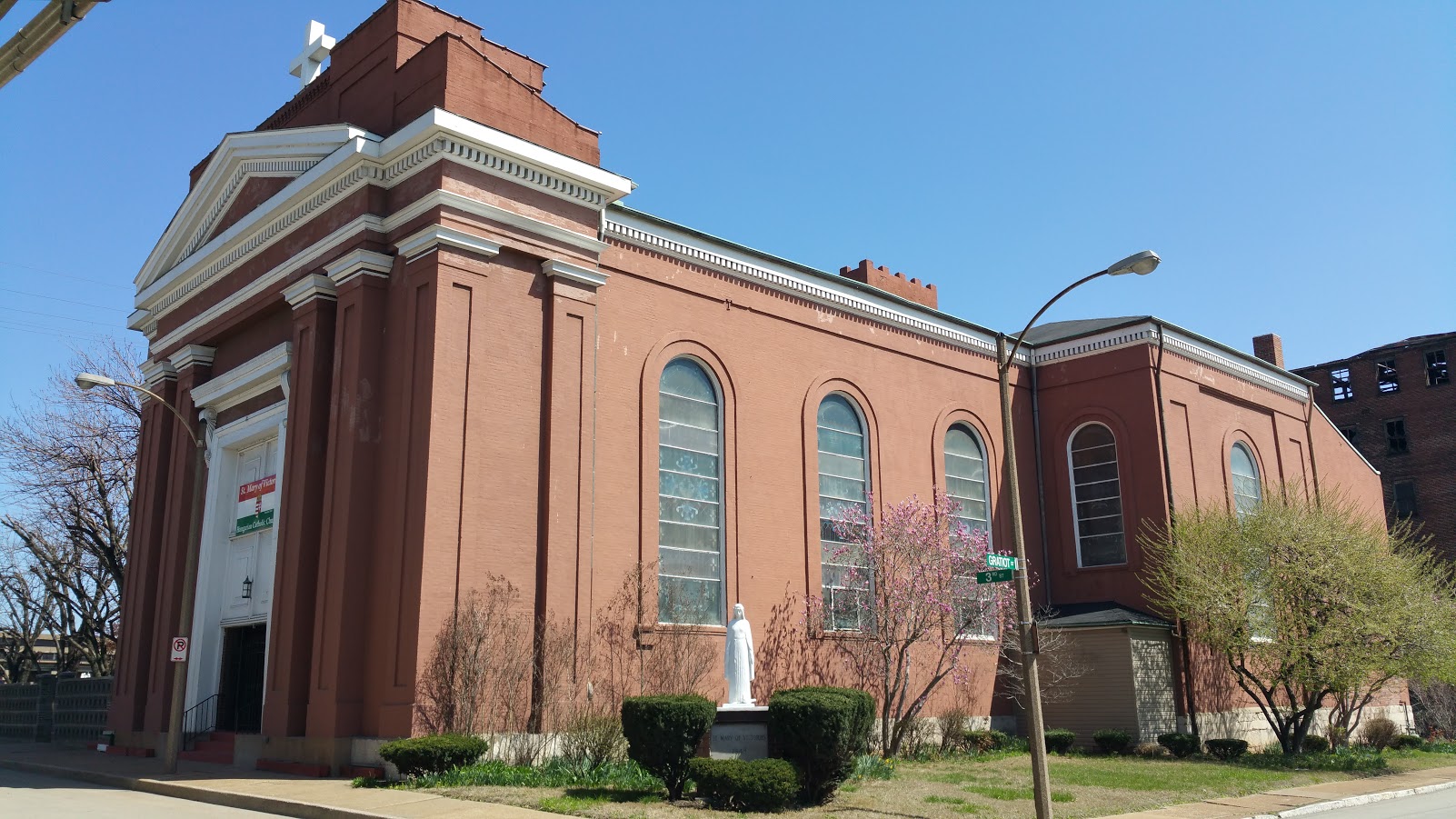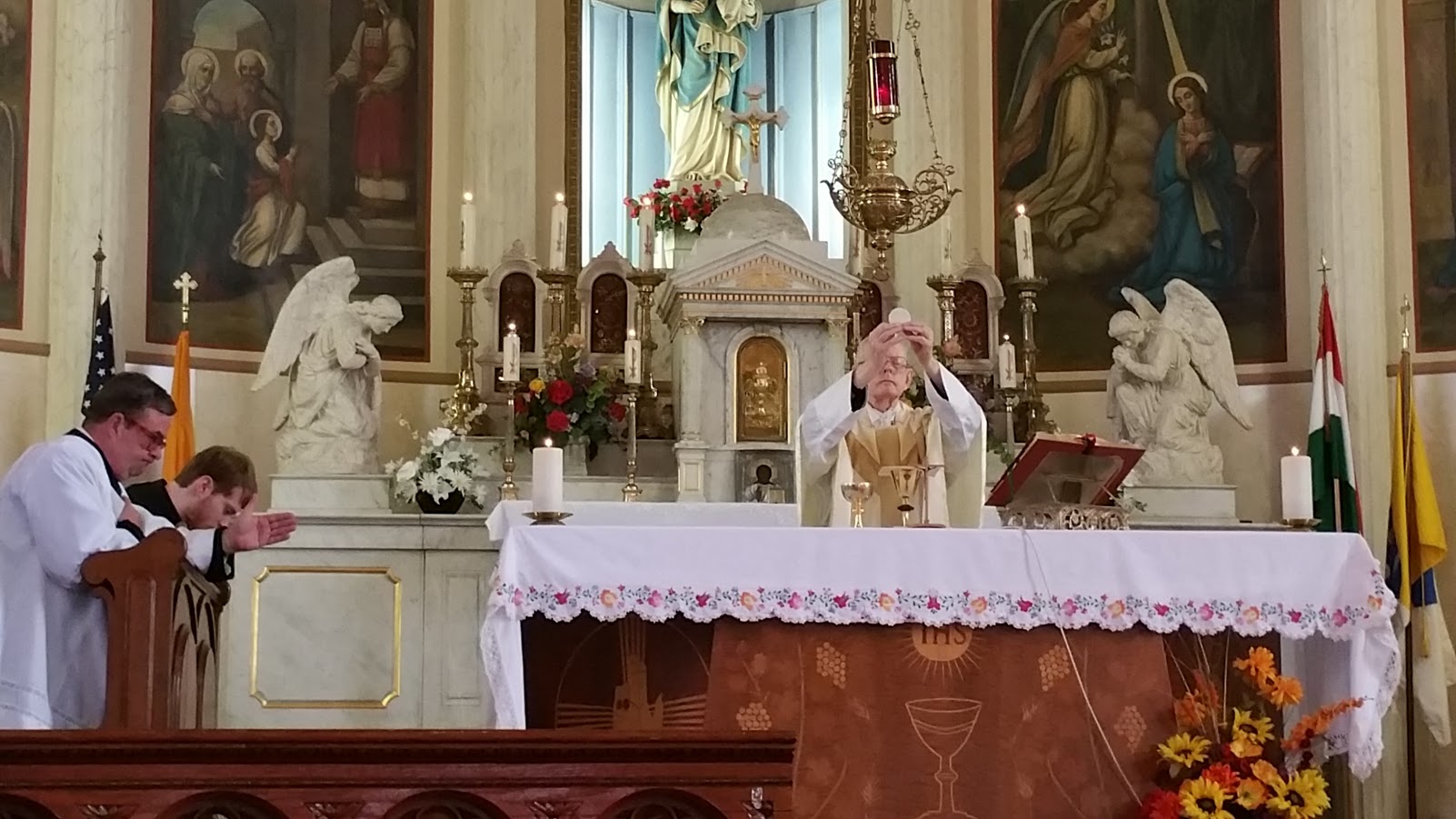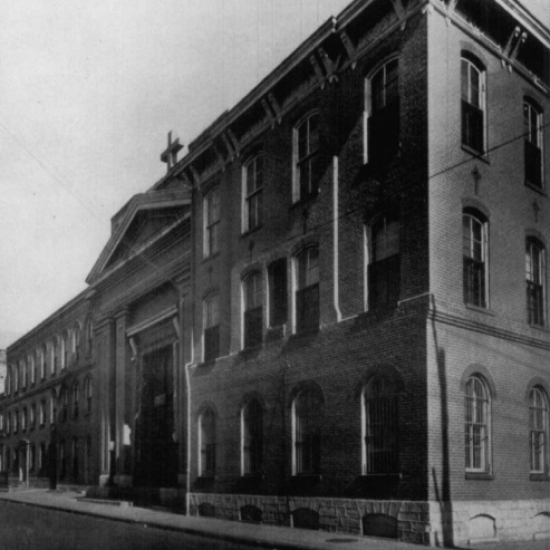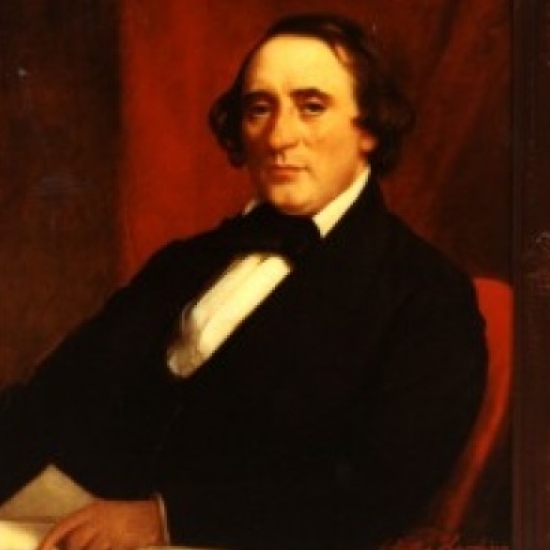12 February 2017, 6th Sunday in Ordinary Time (Year A)
Introit: Esto mihi in Deum
Offertory : Salve Mater, PBC, p. 126. All sing Response; schola sing the verses.
Communion: Manducaverunt
Recessional: O Jesus, King most wonderful, p. 290
Mass XI, PBC p. 58. Credo III, PBC p. 77.
The Introit antiphon has three phrases:
1. Esto mihi in Deum protectorem, in locum refugii, ut salvum me facias
2. quoniam firmamentum meum, et refugium meum es tu
3. et proper nomen tuum dux mihi eris et enutries me
The melody here, in the soothing Mode 6, radiates a calm confidence in God's protection and sustenance, reinforced by cadences with a repeating pitch over protectorem, (salvum me) facias, and enutrias. The first phrase begins with a minor third, then sinks to do and then rises a fourth. Then the melody begin to move above the dominant over protectorem and descend again over locum refrigerii. In the second phrase the situation is reversed. The first half with its recitative on the dominant is firm and definite; the descent occurs only in the second half. Like the first and second, the third phrase also has an ascending fourth, followed by a bistropha. Here, after an apparent calm on sol, the melody rises to a bright do. Also, please note that there is no break between mihi and in Deum, so join in just after the intonation without any hesitation.
The little conjunction et, so loved by Pope Benedict XVI, appears often in this text, adding emphasis to the various titles and attributes of God here. Psalm 30, from which this text is drawn, was the prayer of David—a type of Christ—in his time of greatest need. And when Jesus was hanging on the cross, He prayed a verse of this psalm aloud, 'Into Your hands I commend My spirit,' which has been echoed by martyrs through the ages, and is still our nightly prayer at Compline.
The Communion antiphon has three phrases:
1. Manducaverunt, et saturati sunt nimis,
2. et desiderium eorum attulit eis Dominus:
3. non sunt fraudati a desiderio suo.
Although the text of the first phrase is the most important, the melody emphasizes the second phrase. Its final cadence very closely resembles the close of the first division in the Mode 2 Matins responsories. Its first half has sol as its recitating note, and its second half has fa. The beginning of the third phrase makes emphatic use of the dominant, followed by the motive which closes the first phrase; the opening notes of the first are employed in the second half. The same melody, modified to fit a shorter text, is found in the Mass formulary of St. John Capistrano.


















